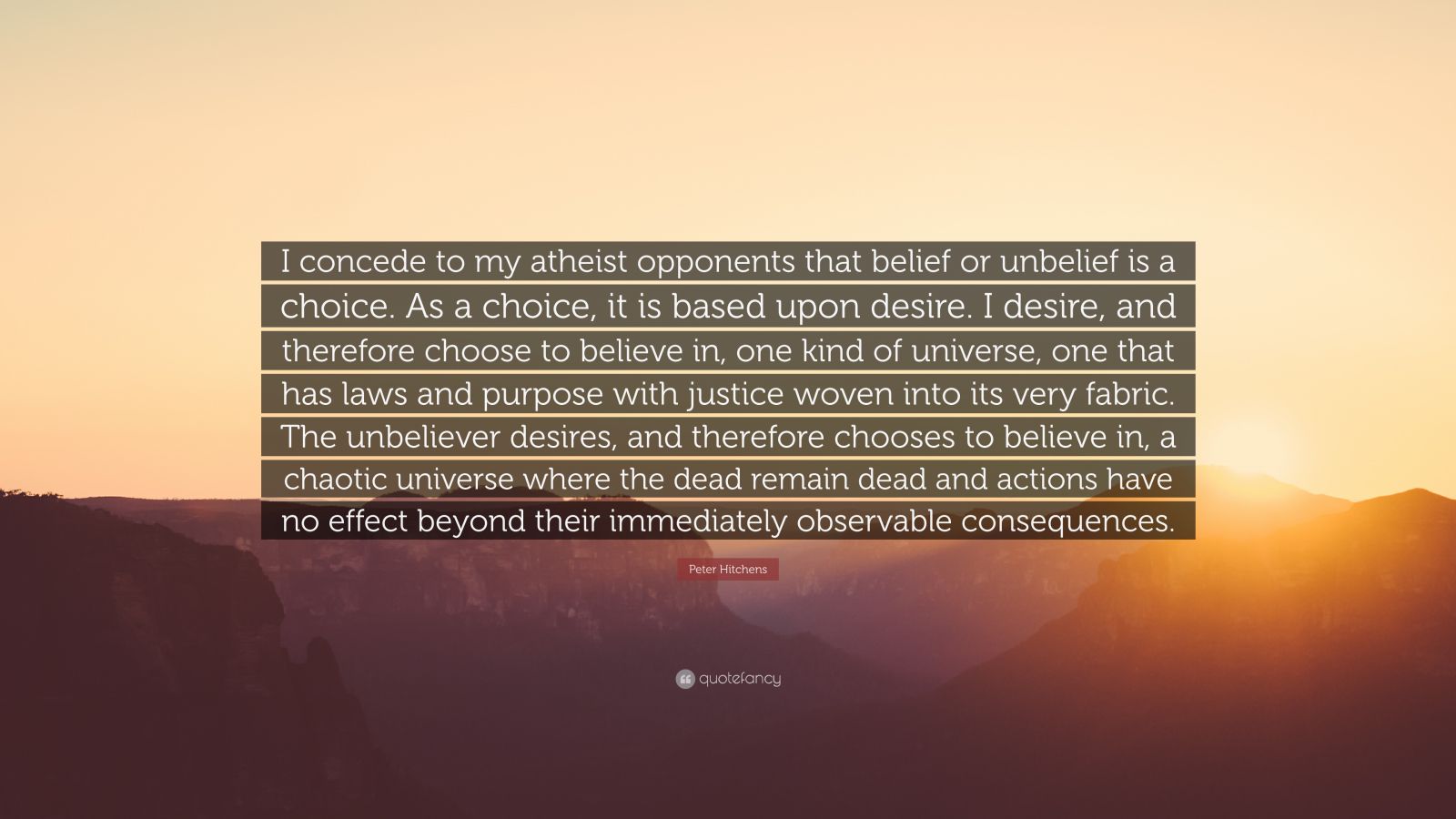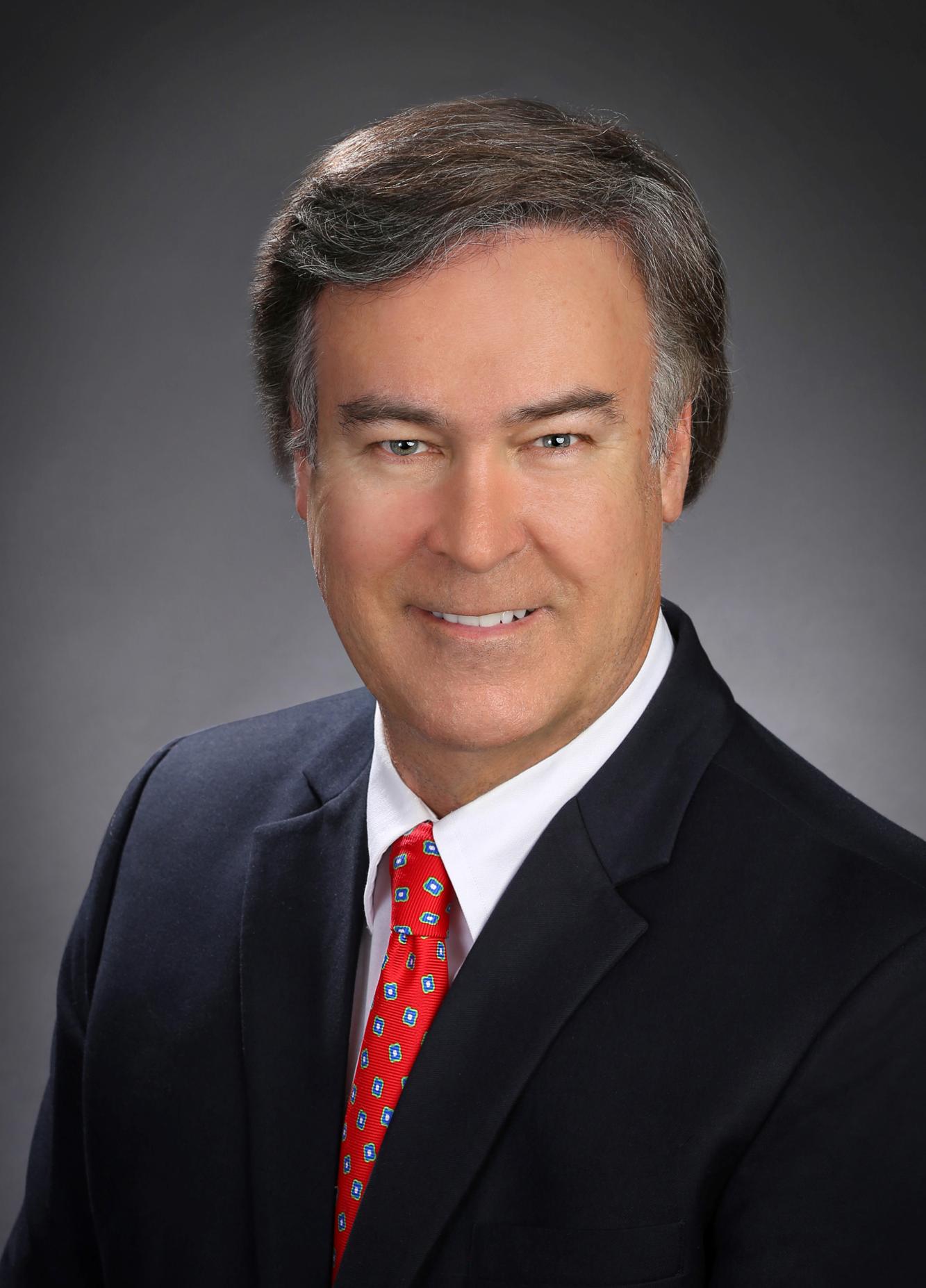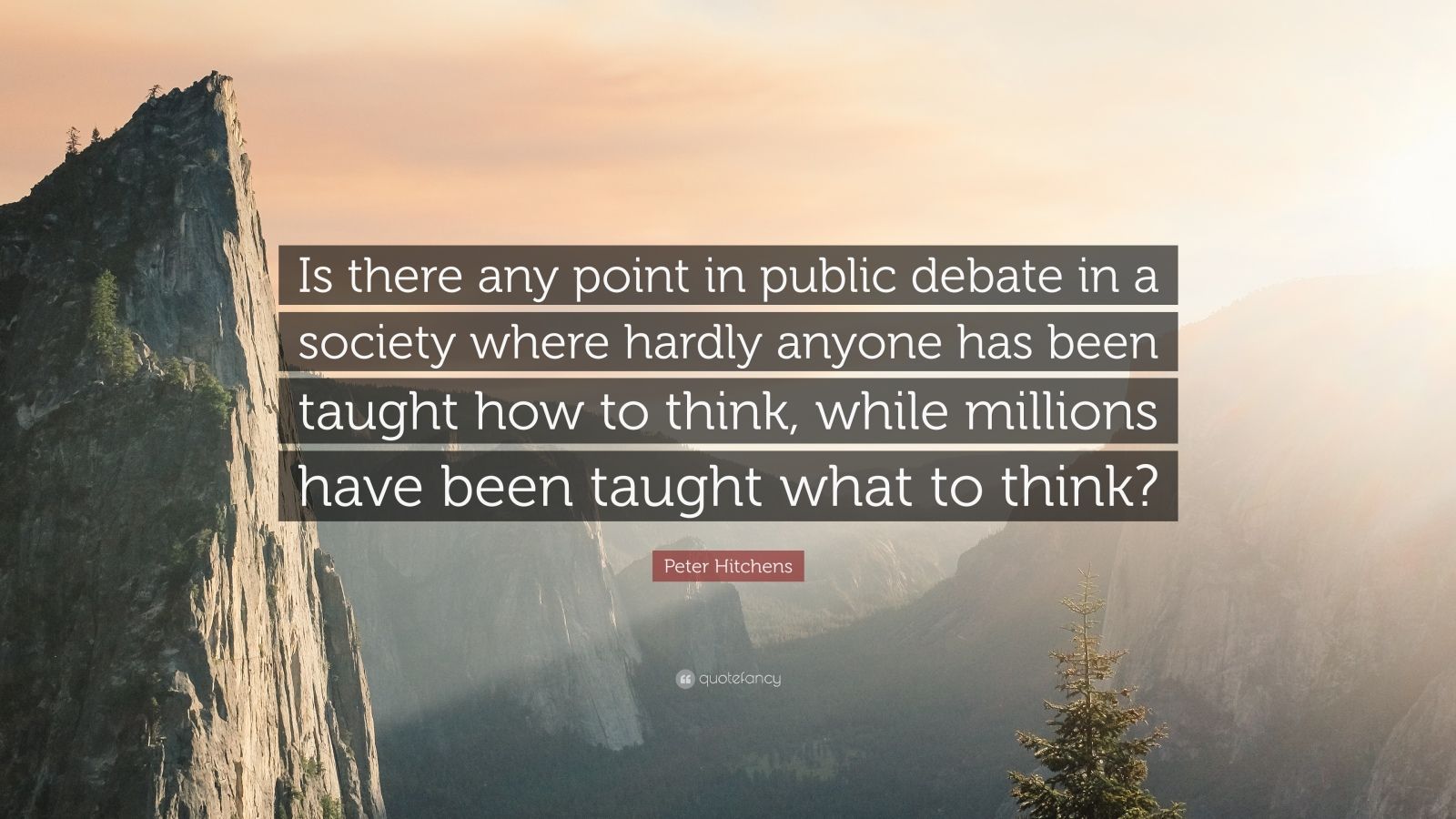Peter Hitchens - A Look At His Views And Work
Peter Jonathan Hitchens, born in 1951, is a voice that has, for quite some time, offered a distinct perspective on the happenings of the world. You see him often as an English author, a person who speaks on radio and television, a writer for newspapers, and someone who gives his thoughts on many subjects. He really does bring a particular kind of thinking to the public conversation, and that's, in a way, what makes his contributions stand out.
His work often appears in the Mail on Sunday, a paper where he has a regular spot, and he's also spent time as a reporter in other countries, like Moscow and Washington, D.C. So, he's seen quite a bit of the world up close, which, in some respects, shapes his writing. He has, apparently, shared his words with a number of other well-known publications too, like The Spectator, The American Conservative, The Guardian, First Things, Prospect, and The New Statesman, which really shows the breadth of places his ideas have reached.
It's interesting to note that his writings touch upon a variety of topics, from moments in time gone by to the ways people live, and from how countries are run to matters of belief. He approaches these subjects with a view that tends to question things, and he does this with a fairly consistent conservative outlook. This makes his work, in a way, quite thought-provoking for many readers, and it's almost always something that gets people talking.
Table of Contents
- The Life and Background of Peter Hitchens
- What are the Core Ideas Peter Hitchens Explores?
- How Does Peter Hitchens See Britain Today?
- Where Can You Find Peter Hitchens' Writings?
The Life and Background of Peter Hitchens
Peter Jonathan Hitchens came into the world on October 28, 1951, in a place called Malta. His early years involved moving around a bit for his schooling, a common experience for some, I suppose. He went to Mount House School in Tavistock, then The Prebendal School in Chichester, and later The Leys School. After that, he spent some time at the Oxford College of Further Education, which, you know, prepared him for what came next.
Eventually, he was accepted into the University of York, where he pursued studies in philosophy and politics. He was a part of Alcuin College during his time there, and he completed his studies, getting his degree in 1973. This academic path, you might say, certainly helped shape the way he thinks about the world and the various subjects he chooses to write about, so that's pretty important, I guess.
Early Years and Schooling for Peter Hitchens
Thinking about his younger days, Peter Hitchens had a path through various educational settings. His time at Mount House School in Tavistock, for instance, set a foundation, and then he moved on to The Prebendal School in Chichester. Later, he spent time at The Leys School, which, you know, are all places that contribute to a person's formation. Following that, he attended the Oxford College of Further Education, which is, in a way, another step in his learning journey.
It was after these experiences that he got into the University of York. There, Peter Hitchens spent his time studying philosophy and politics, which are, as a matter of fact, subjects that encourage deep thought and questioning. He was also a member of Alcuin College during his university years, and he finished his studies in 1973. This whole period, you might say, really helped build the framework for his later work as a public commentator.
Personal Details of Peter Hitchens
When we talk about Peter Jonathan Hitchens, it's worth noting a few personal bits of information. He was born on October 28, 1951, in Malta, as we've mentioned, which is a detail that sometimes surprises people. He is, in fact, the brother of Christopher Hitchens, who was known for being a strong voice for atheism. This family connection, you know, often comes up in discussions about their respective viewpoints, as they held rather different beliefs.
His work, as a British journalist, author, and broadcaster, has certainly given him a public presence. He is, basically, someone who puts his thoughts out there for many to consider. His birth year and place, along with his family ties, are just some of the background elements that make up the person we know as Peter Hitchens today, and that's, in a way, part of his story.
| Category | Information |
|---|---|
| Full Name | Peter Jonathan Hitchens |
| Born | October 28, 1951 |
| Birthplace | Malta |
| Nationality | English/British |
| Main Professions | Author, Broadcaster, Journalist, Commentator, Columnist |
| Key Publications | Mail on Sunday, The Spectator, The American Conservative, The Guardian, First Things, Prospect, The New Statesman, The Lamp Magazine |
| Education | University of York (Philosophy and Politics, Alcuin College, graduated 1973) |
| Notable Family | Brother of Christopher Hitchens |
What are the Core Ideas Peter Hitchens Explores?
Peter Hitchens tends to delve into a range of ideas that often challenge popular thinking. He writes on subjects like history, the way people live their lives, how politics works, and matters of belief. His writing, in fact, often comes from a perspective that looks at things with a critical eye, and he tends to hold a conservative viewpoint on many of these topics. He's not afraid to question what many might take for granted, which, you know, makes his pieces quite distinctive.
For example, he has been quite vocal about certain political events and decisions. He has, apparently, spoken about his views on the UK Conservative Party and some of its approaches, often finding fault with them. This shows that his conservative outlook isn't just about sticking to a party line; it's about a deeper set of beliefs that he applies to various situations, and that's, in a way, what makes his commentary so consistent.
Political and Social Commentary by Peter Hitchens
When it comes to his political and social thoughts, Peter Hitchens has, in fact, a rather distinct way of looking at things. He often writes about how he sees the world changing, and he's not shy about pointing out what he believes are mistakes or wrong turns. For instance, he has criticized the UK Conservative Party and its policies, which might seem a bit unexpected for someone who identifies as conservative, but it really highlights his independent streak.
He has, for example, spoken about how he felt a moment came when he knew "it was all over" for a certain kind of "grown up Britain" that could support a traditional way of governing. This kind of reflection shows his deep concern for the direction his country is taking. His pieces often invite readers to consider whether society is truly moving in the right direction, and he does this, you know, with a lot of thought behind his words.
Peter Hitchens on International Affairs - A Different Angle
Peter Hitchens also brings a particular view to matters concerning countries interacting with each other. He has, for example, been quite direct in addressing certain accusations made against him, like the idea that he might be speaking for or defending Vladimir Putin. He has, in fact, made it clear that he "condemned Putin’s invasion unequivocally" during an interview, so that's pretty much his stance on that.
He has also written about what he calls an "invented Russian menace," and he has, apparently, reminded people in Britain about Putin's warning in Munich back in 2007 against the expansion of a certain military alliance. He has also talked about how a situation in Ukraine, known as Euromaidan, was, in his view, a "mob" unlawfully taking down an elected leader. His perspective on these events, you know, offers a different way to think about them, and it's quite a distinctive take.
Moreover, Peter Hitchens has shared his thoughts on other countries, like Iran. He believes that Iran is a nation that people often misunderstand, and that it could be "reeled into the civilised world" if certain countries, like Israel and its friends, handled things differently. He shared these thoughts with Sarah Vine in a recent conversation, which shows his willingness to discuss complex international issues with a fresh viewpoint, and that's, in a way, pretty insightful.
How Does Peter Hitchens See Britain Today?
Peter Hitchens often expresses a sense of concern about the current state of Britain. He tends to look back at what he sees as a more stable past and compares it with what he observes now. His writings often suggest that the country has, in some respects, moved away from certain principles or ways of doing things that he believes were important. He truly believes that something has been lost, which, you know, comes through in his columns.
He has, for instance, spoken about a moment when he felt that the kind of "grown up Britain" that could sustain a traditional form of government was no longer there. This feeling, apparently, shapes much of his commentary on social and political changes within the country. He consistently urges readers to consider whether the path Britain is on is truly the best one, and he does this, basically, with a deep sense of conviction.
Peter Hitchens' Thoughts on Public Institutions
When it comes to public bodies, Peter Hitchens has, in fact, some rather firm opinions. He has stated that he believes the police, for example, have become too powerful and, in his view, too dismissive of the very people they are supposed to serve. He even shared a personal experience, saying, "This is what happened when I dared to disagree with them," which really brings his point home.
This kind of commentary shows that he scrutinizes institutions that hold a lot of influence in society. He wants people to think about whether these bodies are truly serving the public as they should. His willingness to speak out, even when it means going against common perceptions, is, you know, a very consistent part of his public persona, and it's almost always something that sparks conversation.
Where Can You Find Peter Hitchens' Writings?
If you're looking to read what Peter Hitchens has to say, his main writing home is, in fact, the Mail on Sunday. He has a regular column there, so you can often find his thoughts appearing in its pages. He's been a columnist for this paper for quite some time, and it's where a lot of people go to read his particular take on current events and broader issues.
Beyond his regular spot, Peter Hitchens has also shared his words with a number of other well-known publications. He has written for The Spectator, The American Conservative, The Guardian, First Things, Prospect, and The New Statesman. He is also a monthly writer for The Lamp Magazine. This pretty much means his ideas get seen by a wide variety of readers, which is, in a way, quite impressive for a single person.
His contributions cover a wide range of subjects, from politics and culture to history and travel. He approaches these topics with a viewpoint that is often conservative and critical, which, you know, gives his writing a very distinct flavor. So, whether you pick up the Mail on Sunday or look through the archives of these other publications, you'll find plenty of his thoughts to consider.

Top 15 Peter Hitchens Quotes | 2021 Edition | Free Images - QuoteFancy

Peter Hitchens - Charlotte Commercial Real Estate

Top 20 Peter Hitchens Quotes (2025 Update) - QuoteFancy